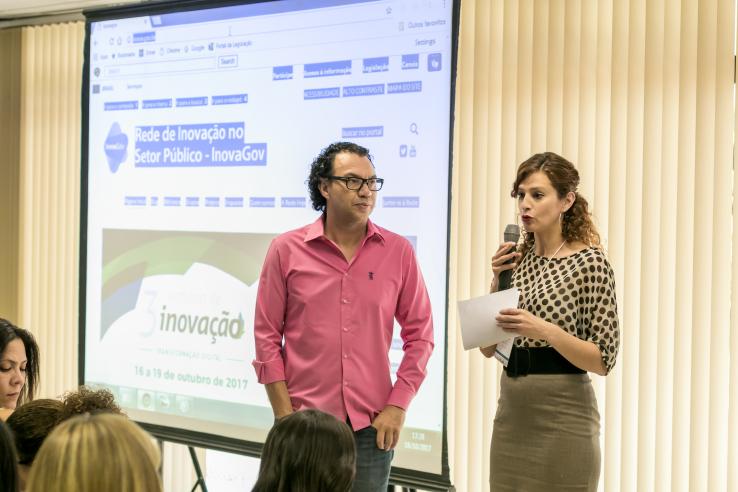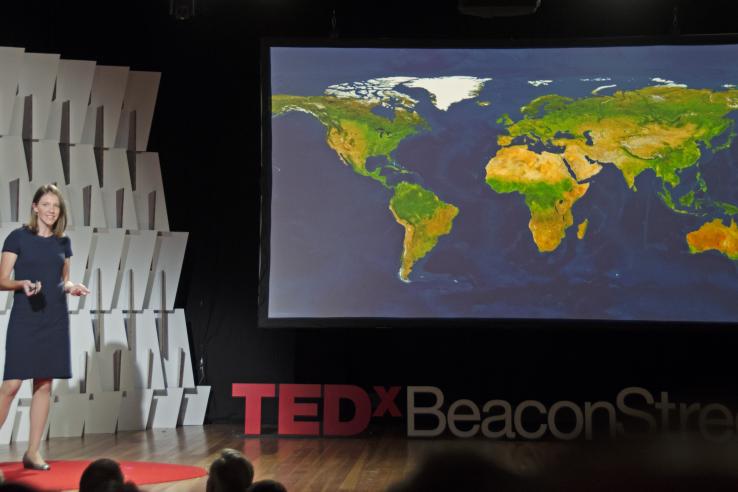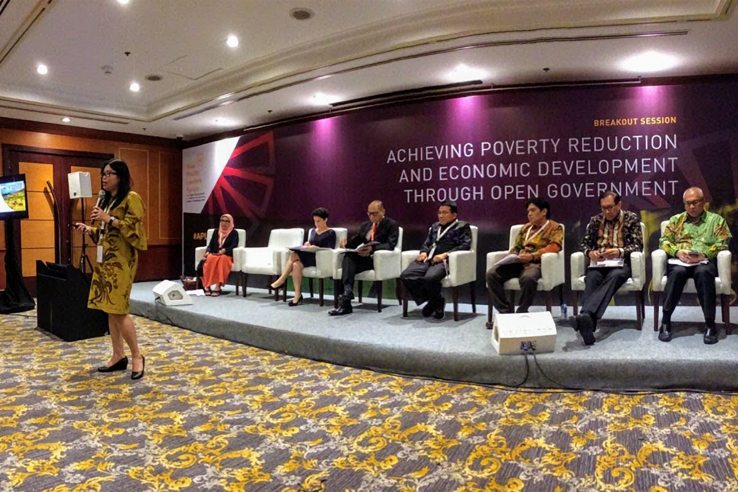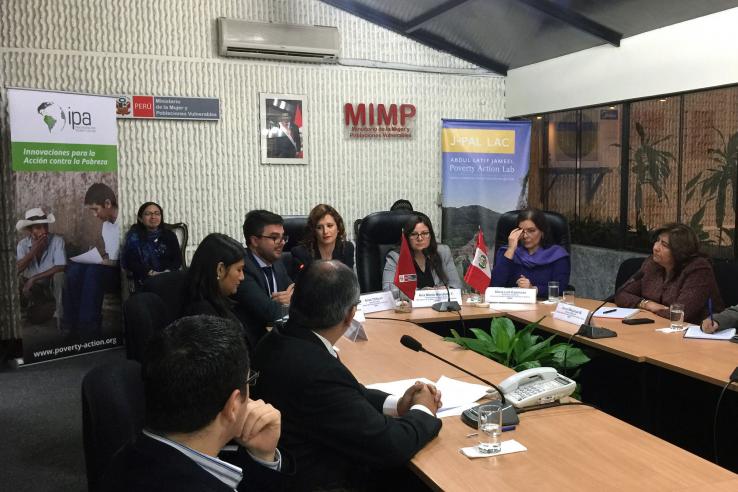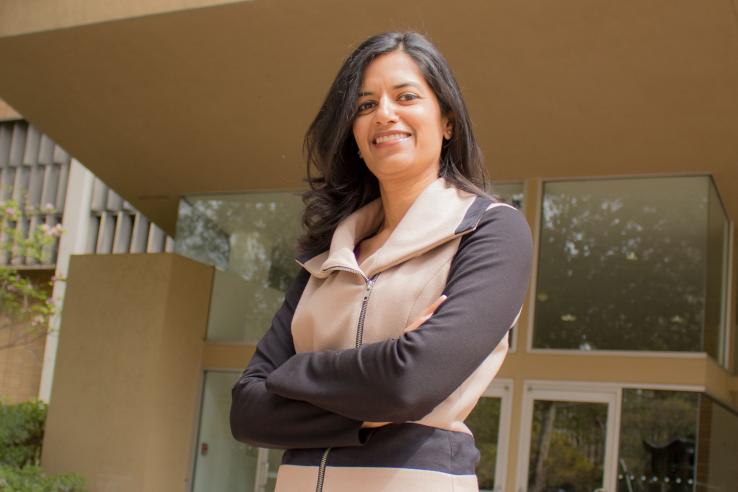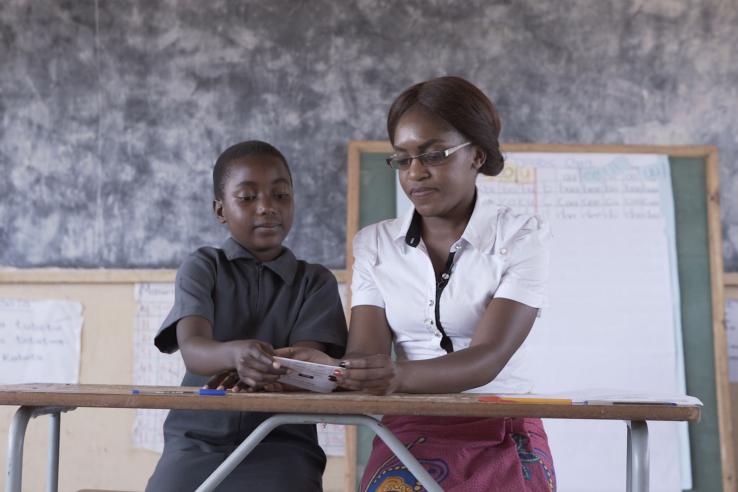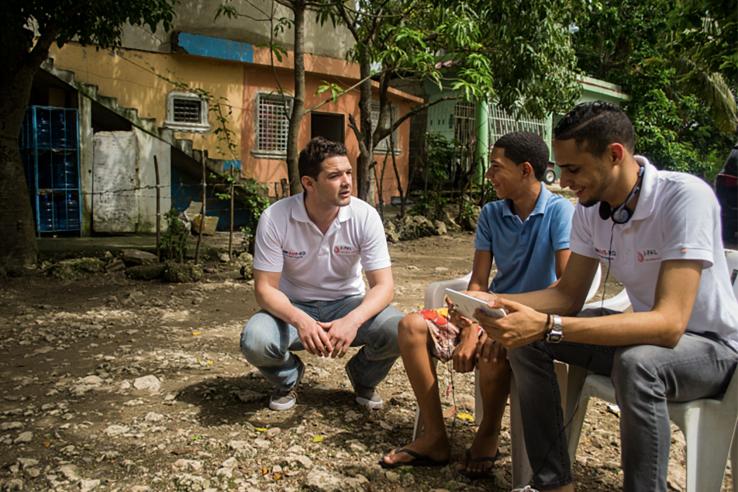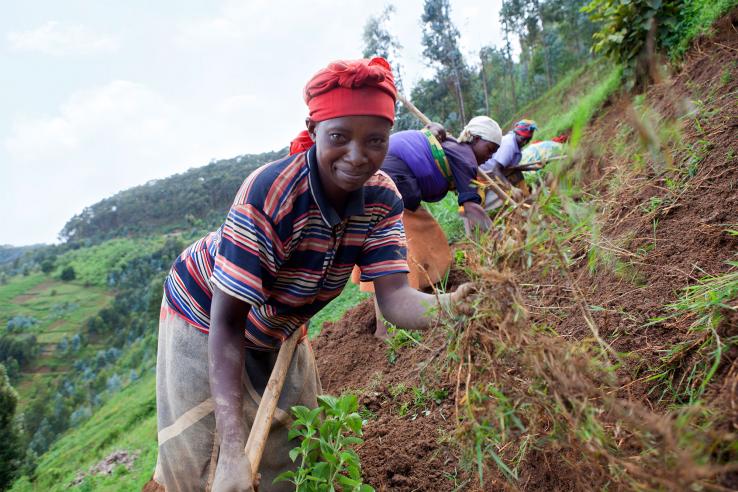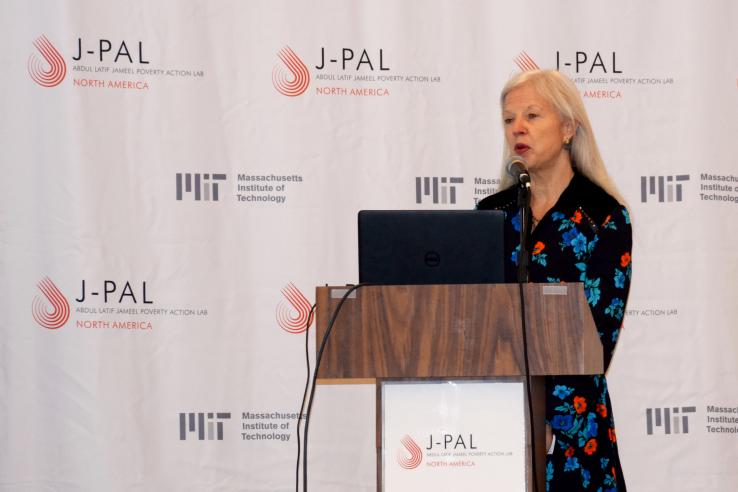Displaying 1486 - 1500 of 8337
Blog
J-PAL Southeast Asia Executive Director Lina Marliani shares examples from J-PAL affiliated researchers’ work to highlight how randomized evaluations can be used to inform open governance programs.
Blog
Drawing on many examples from the LAC region, J-PAL’s Government Partnership Initiative shares insights on how governments are building a culture of using data and evidence in policymaking and about how J-PAL and other evidence-to-practice organizations can best support them in these efforts.
Blog
J-PAL affiliated professor Manisha Shah (University of California, Los Angeles) studies interventions that seek to slow the transmission of HIV/AIDS and other sexually transmitted infections. Learn more about her research and her experiences as a development economist, from conducting surveys in...
Blog
Teaching at the Right Level (TaRL) is an evidence-based education intervention that targets teaching to the basic skill level of the child. TaRL pioneer Pratham, together with J-PAL Africa, worked closely with the Ministry of General Education in Zambia to produce a set of videos that transport the...
Person
Blog
This year J-PAL Europe, with the backing of Community Jameel, aims to tackle social inclusion by focusing on the barriers to inclusion, including education and immigration.
Blog
In our interview with Christopher Neilson (Princeton University), he describes his research interest in applications of technology to close information gaps to reduce poverty. “I think in the future, we will see artificial intelligence ‘personal assistants’ helping humans make better choices... I am...
Blog
The new Gender sector represents J-PAL’s commitment to further expand the base of policy-relevant evidence to reduce poverty and gender inequality. Chaired by Seema Jayachandran (Northwestern University), the Gender sector will examine a range of issues important to citizens, policymakers, and...
